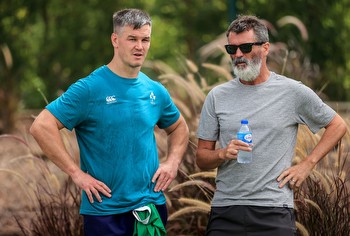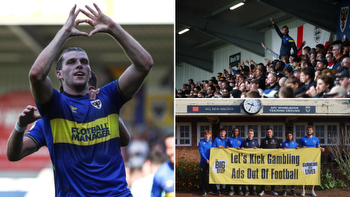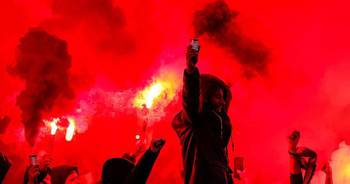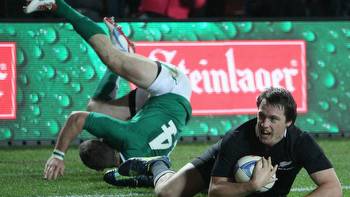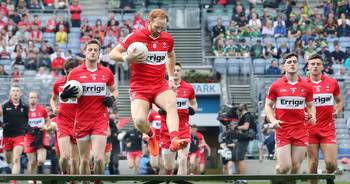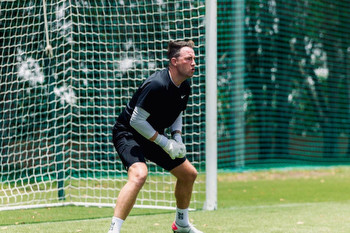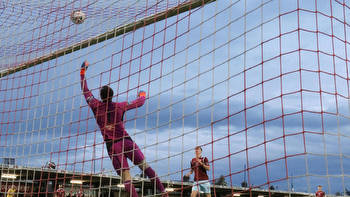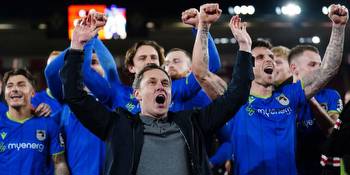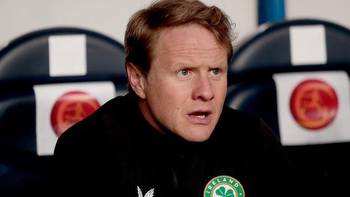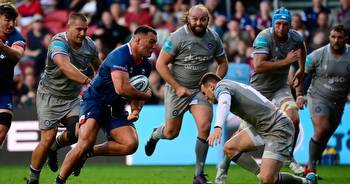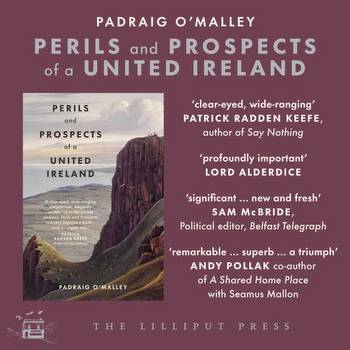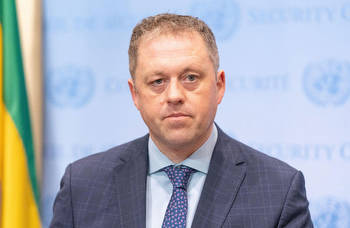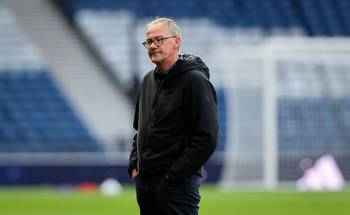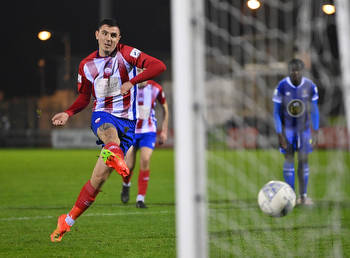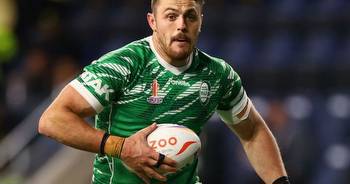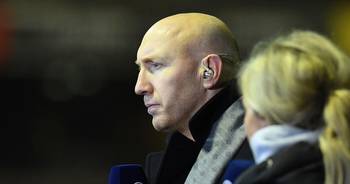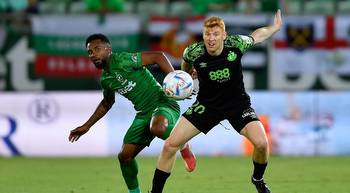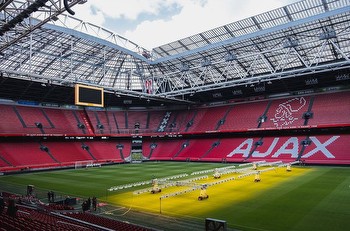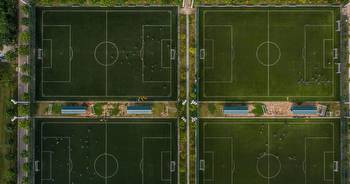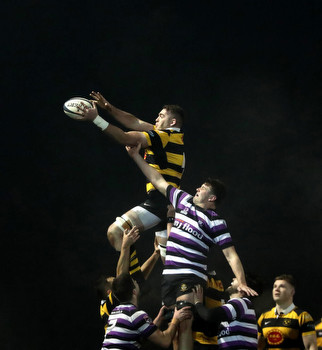Ireland looking to defy the odds again in U17 Euro quarter-final with Spain
It’s fitting that the FAI have this week completed consultation workshops on football pathways when their route of the U17 Euro hopefuls is so topical.
On Saturday evening in Budapest, the squads of Ireland and Spain will be dominated by home-based talent but it’s a warped similarity, for they operate in different stratospheres.
Whereas the Iberians have been raised in a culture of professionalism and constant tutelage at academies like Barcelona and Atlético de Madrid, it’s a stretch to suggest their Irish counterparts are operating at semi-professional level.
Former Ireland international Keith Treacy these days coaches the Under-17s of St Patrick’s Athletic, who’ve supplied three players, including scoring sensation Mason Melia, to the Ireland squad. His insight is a stark one in the context of Colin O’Brien’s side reaching the last eight of European competition.
“We get our lads on the pitch for six or seven hours per week,” said the former Blackburn Rovers winger. “I don’t want to be critical but that’s chalk and cheese in terms of contact hours versus what clubs in other countries like England are providing. We’ve a long, long way to go.”
How that gulf is to be bridged and, more pertinently, who will provide the investment has been the recurring subplot around the team’s fortunes in Hungary.
The physical disparity so apparent in the 5-1 hammering in Poland receded when the Irish prevailed against Wales and the tournament hosts but conditioning eventually tells.
Only the repercussions of Brexit, halting the traditional flow of 16-year-olds to UK clubs, has reassigned the responsibility of development to national league clubs.
Try as they do – and Shamrock Rovers are the standard bearers with their full-time transition year programme – financial impairments exist.
Exceptional talents like Melia and his clubmate Luke Kehir, who also bagged a brace on Tuesday, will always be fast-tracked towards the higher demands of first-team setups but the absence of a robust system across the country is the deficit to be rectified.
“They need to continue developing at their clubs, that is first and foremost,” is O’Brien’s wish from the aftermath of this odyssey.
“A lot of the clubs at home are doing incredible work. They have increased their contact time during the week, they have very good people around them. What a lot of clubs have got very good at doing with the high-potential players in their clubs is moving them up a grade, maybe it's playing 19s and training with first teams.
“It is important that the players try and push themselves into those environments and continue to develop. They have come from LOI clubs and grassroots clubs, and they must continue developing once the tournament finishes.”
Talk from the FAI has revolved around a collaboration with the state to create an industry for players to enjoy a replica environment to their peers abroad.
Relying on an indebted organisation and a political system fraught with myopia for the rescue remedy doesn’t fill the constituents with confidence.
Alan Mathews is more than qualified to opine on the outlook, his record as a two-time FAI Cup winning manager augmented by his current role as Director of Football at St Pat’s. His career background is banking, an industry he’s still involved in and where bottom line trumps fanciful notions.
“There is a collective willingness among clubs to do it properly, not half-baked, but the problem is the FAI holding a significant debt to service and reduce,” he said of the association’s €65m liabilities.
“They need to start getting that down so I’d say the focus short-term is on that, albeit everybody is crying out for assistance with the underage stuff.
“It’s positive that a high proportion of these U17s are from the national league but it’s been funded by their clubs. The FAI’s strategic plan was great if it was matched financially. I think there’s a will from the FAI but not a way to support it. The FAI has issues of higher priority.
“We’ve always done our own thing. That’s for everything; sourcing training facilities, off-field activities such as gyms, rehabs, anything that goes into being a proper football facility.”
That broader pathway will be parked for this obstacle, one that not only has a semi-final place at stake but a spot in the World Cup in November.

